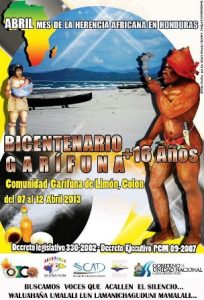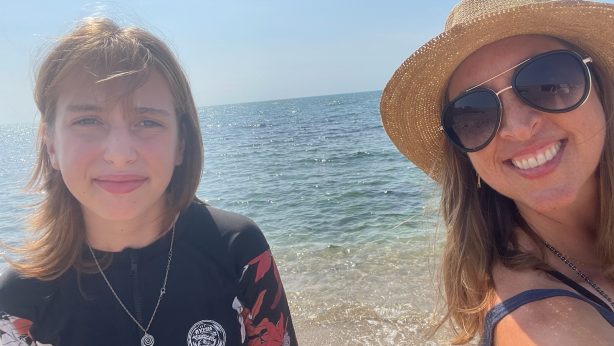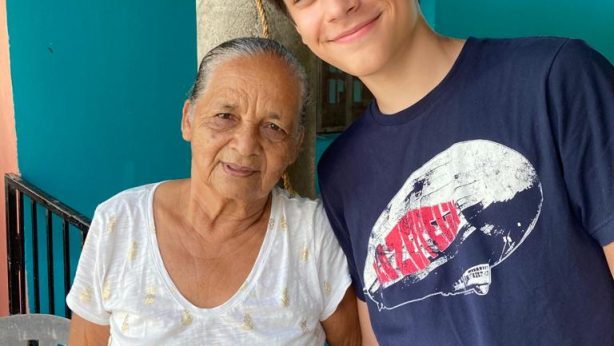African Heritage Month in Honduras
In Honduras, the month of April has been named the month of African Heritage. The legislative decree 330-2002 calls for the celebration of the diverse character of the African cultures in Honduras. During April, we pay special attention to recognizing the richness of these cultures and their contribution to our national development. 
To speak of the Garinagu (the name of the Garífuna in their native language), you must also speak of the African continent from which, according to history and scholarly work, the Garinagu people’s ancestors originated. The ancestors of the Garinagu inhabited Sub-Saharan Africa and spoke various languages and dialects. They came from several tribes, each of which had its own chief and tribal name. Some of the most important tribes include the Mandinga, Kunta Kintei (The Supreme King), Kikuyu, Hausa and Yoruba, among others.
Africans have traditionally identified themselves within the family. From birth to death they form a part of a clan, with several clans making up a tribe. These tribes base their beliefs and religions in one God, praying for the well-being of the tribe, good health for their people and fertile fields. They pray to invoke the spirits of their ancestors, from which the Buyei (the spiritual doctor according to Garífuna culture) comes forth. This figure continues to live on according to the Garinagu people.
Our African ancestors were enslaved by English fiefdoms and were shipped to the island of Saint Vincent, the cradle of our civilization. Here, they fought a war to defend their land from the British and the French. According to scholars, the conflict lasted about 72 years between the Kalinagu and Europeans.
In Saint Vincent, the various tribes mixed among each other, from which the Garífuna were born, also known on the island as the Kalinagu. In 1795, after the murder of the legendary Kalinagu Chief Joseph Satuye, they were deported. Only a fraction of the Kalinagu population remained on Saint Vincent. On March 11, 1787 they left for Jamaica and arrived on March 21, ten days later. One-thousand died from various causes and 3,338 survived the voyage.
This group then dispersed again with some arriving on April 12, 1797 to the island of Roatán off the Honduran coast. Roatán’s name comes from a phrase in Garífuna, “Ruba dan nun”, meaning “Give me time”, which they had said to a European. For this reason, the island was baptized as “Roatán”. After the arrival to Roatán they disbursed again throughout the mainland along the Caribbean, founding various communities and settlements.
The struggles and suffering that the Garinagu have endured is clearly shown and it is for this reason that every year on April 12, we celebrate this day. Beyond celebration, we consider our recognition of the date as an effort to preserve the presence of the Garífuna in Honduras and Central America. The struggles of our people are also noted by the advances that our ethnic group has made within Honduras and the contributions that we have brought forth at the national and international levels. Little by little we have developed a base from which we continue to persevere.
For the Garinagu who work at Adelante, it is of great pride to be Garífuna. The celebrations of April 12 give us incentive to keep working hard, as each year we see the advances we are making despite the difficulties our people have faced in Honduras since arriving 216 years ago. The Garinagu people of Honduras have been a vital aspect of the country’s socio-cultural development. Our contributions are particularly noted within sports, music and as of recently, politics.
The Garífuna culture continues to live on through peaceful, yet not passive, traditions and ways of life. We play a key part in guiding the direction of Honduras. Every day we look toward the hopes of Dr. Martin Luther King Jr.: that a day would come when all blacks would live in harmony with those of all different colors of skin, with the same rights, the same responsibilities and the same opportunities. This is the great yearning of the Garinagu of Honduras—to live in a country of opportunities, where we are not subject to prejudice or stigma for being Garífuna.


